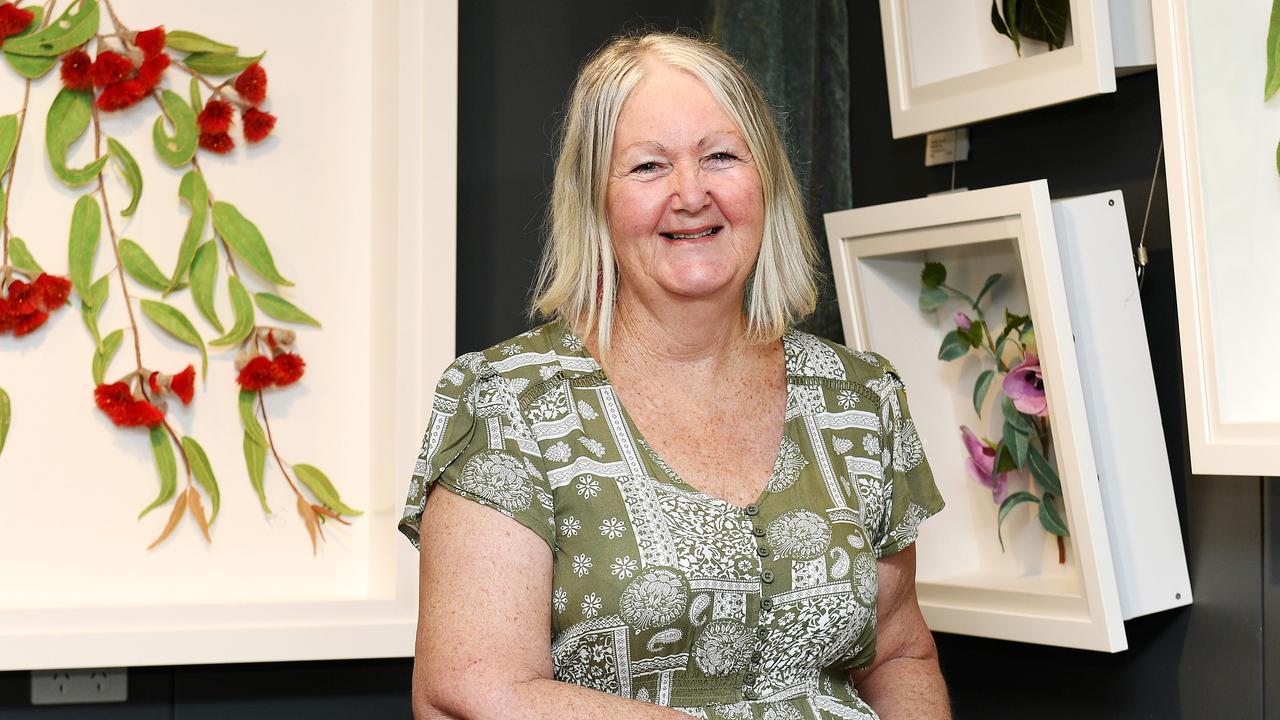Bohle River’s chronically ‘poor’ water quality problem requires expanded testing
After years of grading the Bohle River’s water quality as ‘poor’, researchers have listed potential sources of the pollution. See why residents could also be at fault.
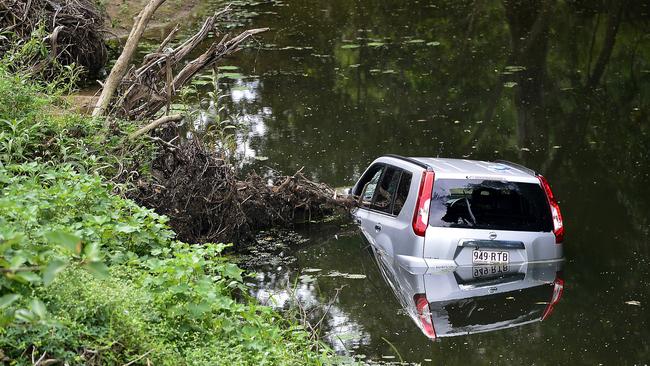
Townsville
Don't miss out on the headlines from Townsville. Followed categories will be added to My News.
All eyes will be on a soon-to-be released report card to see if the Bohle River has arrested its trend of “poor” water quality ratings due to excess nutrient levels over the past four years.
The Townsville Dry Tropics Partnership for Healthy Waters brings together more than 20 businesses and organisations from industry, scientific research, education, community and all levels of government, to produce annual report cards on the health of our waterways.
It gives grades for water quality, waterways habitat, fish life, and litter.
In its last three report cards, the partnership graded the Bohle River “poor” in its overall water quality scores, which take into account physical and chemical properties (including turbidity and dissolved oxygen), and nutrient levels (phosphorus and nitrogen).
“Within the Bohle River catchment there are several possible sources for (the increased nutrients) including the Condon Sewage Treatment Plant, turf and chicken farming, aquaculture, and a golf course,” the last report stated.
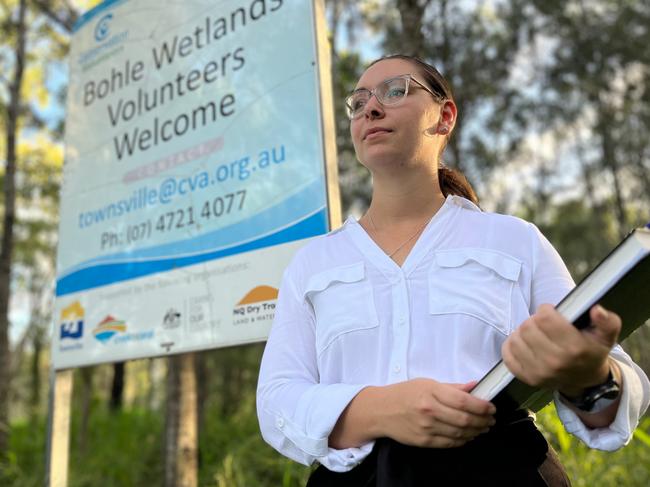
“These diffuse and point source inputs along with ongoing residential development and road infrastructure upgrades may account for the poor scores for Bohle River.”
Addressing the river’s protracted water quality problem, the partnership’s executive officer Kara-Mae Coulter-Atkins said it was difficult to determine a singular source given that the Bohle was the largest river system in the Townsville local government region.
To narrow it down, she said “would require far more data sampling, and multiple different locations and different rain cycles”.
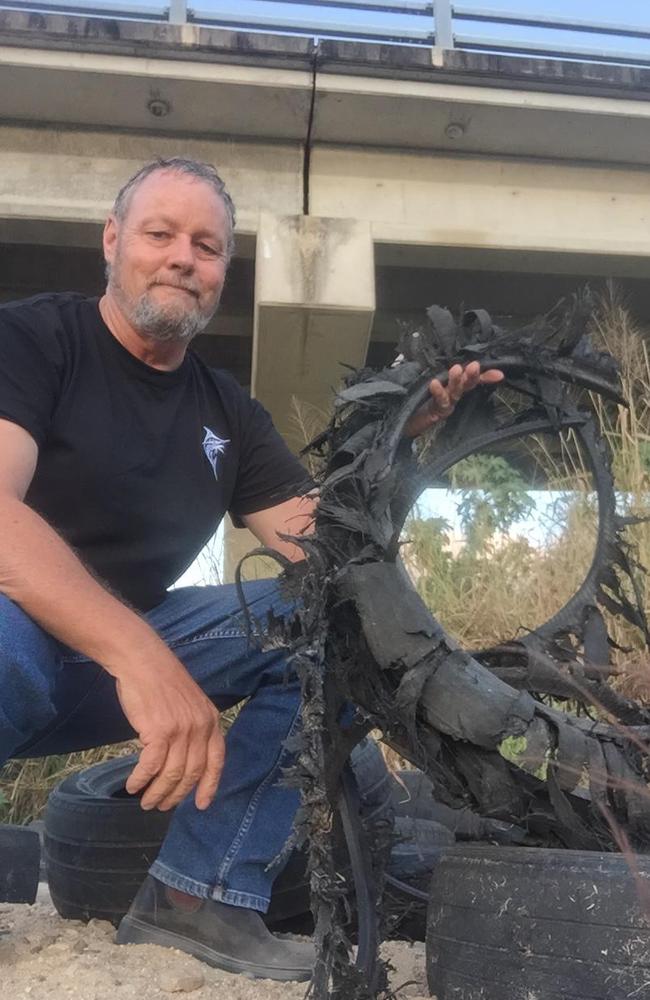
“In my opinion, as with many river systems, we’re looking at a cumulative impact. It’s unlikely there is one single cause for these nutrient levels within the Bohle because it is such a large system,” she said.
“The excess nutrients could potentially come from the agricultural grounds which are bordering that catchment, (or) the multiple number of industry landholders … and also a wastewater treatment plant.”
Residential areas along the catchment were also having an impact.
“Residents can be one of the leading causes of nutrient run-off through improper gardening techniques, improper management of animals, or improper management of septic systems,” she said.
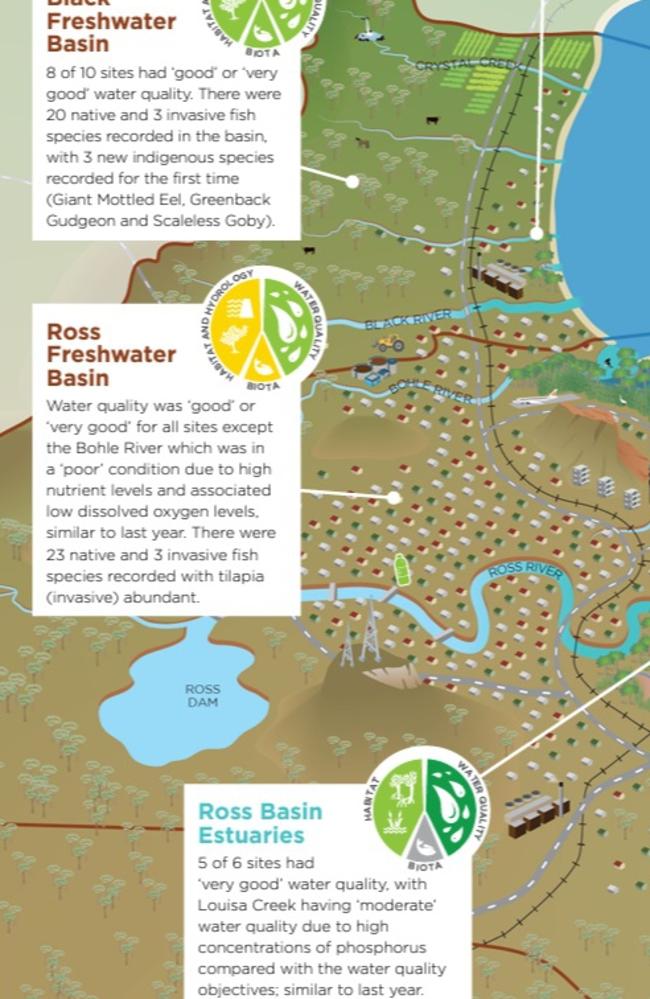
With the Bohle’s last poor rating bordering closely on a moderate grade, all eyes will be trained on the next report card, due to be released on July 20, to see if the river could arrest the negative trend.
The day of the report card’s launch is being touted as Townsville’s ‘Healthy Waters Arvo’, with a free community education event and sausage sizzle celebrating the connections and care we have for our local rivers, creeks, and coasts, at the Townsville Sailing Club on The Strand from 2.30pm to 5pm.
A Townsville City Council (TCC) spokesman said Townsville’s complex catchment hydrology and soils have been impacted by urbanisation and varied historical land uses.
“Land uses identified in the report card are undertaken lawfully and Council collects data from these combined land use impacts to help develop a wider understanding of the catchment,” the spokesman said.
“Council has not issued any recent fines for water pollution offences in the Bohle River. If caught breaching the Environmental Protection Act, individuals can be issued an on-the-spot fine of $2156 and a company can be issued an on-the-spot fine of up to $10,718, while matters heard in court carry a maximum penalty of $86,250.”
TCC was working on several wetland restoration projects and riverbank restoration programs which are projected to directly benefit water quality in the Bohle River.
A Department of Environment and Science spokesman said they were not currently aware of significant water quality related issues in the activities it regulates.
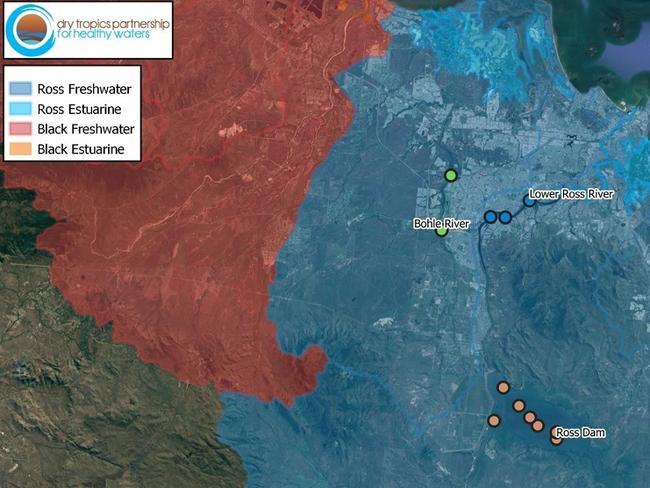
He said the Partnership’s report card was developed to help guide future planning and investment into waterway, marine catchment and reef health, rather than as a trigger for the Department of Environment and Science to commence an investigation into the water quality of a particular catchment.
“DES regulates a number of environmentally relevant activities that sit within the Bohle River catchment.
“These have environmental performance requirements that must be met, and DES undertakes both reactive and proactive compliance inspections.”
Suspected environmental incidents can be reported through DES’s pollution hotline on 1300 130 372 or via email to PollutionHotline@des.qld.gov.au.
For more information, visit: drytropicshealthywaters.org.
More Coverage
Originally published as Bohle River’s chronically ‘poor’ water quality problem requires expanded testing





